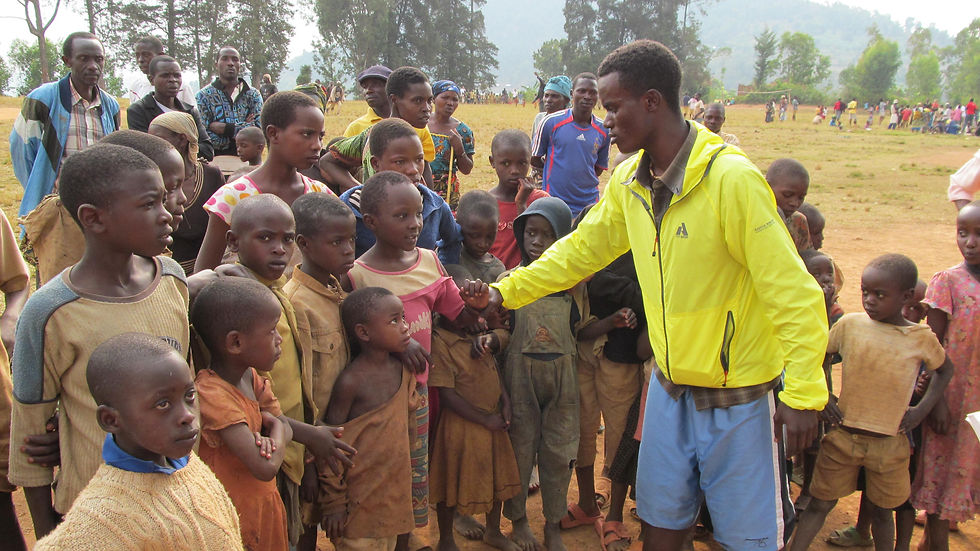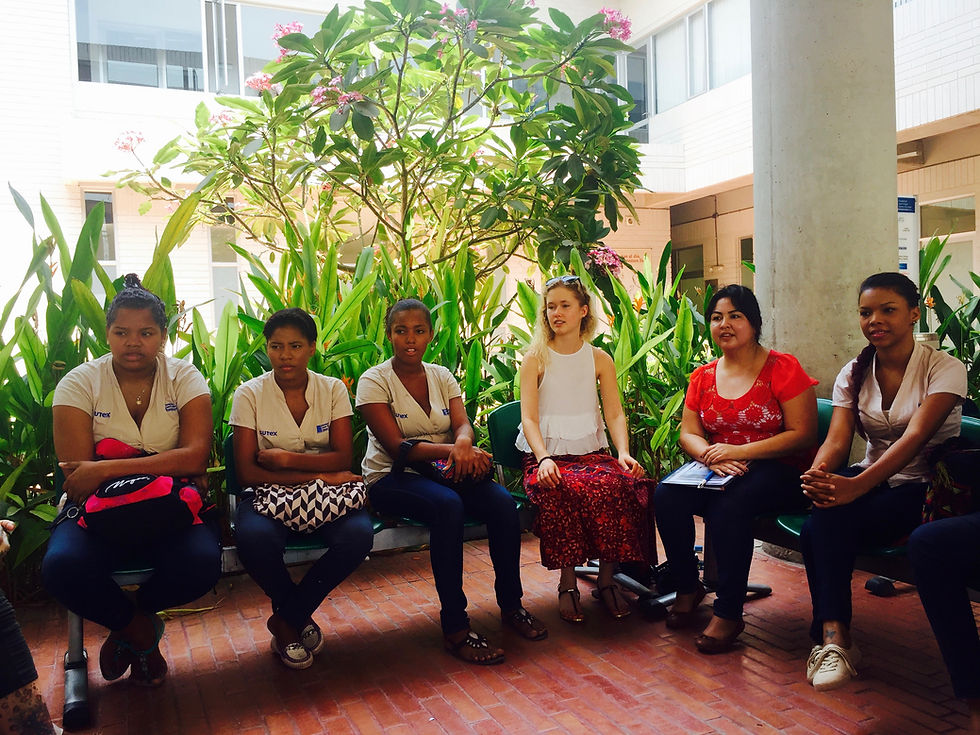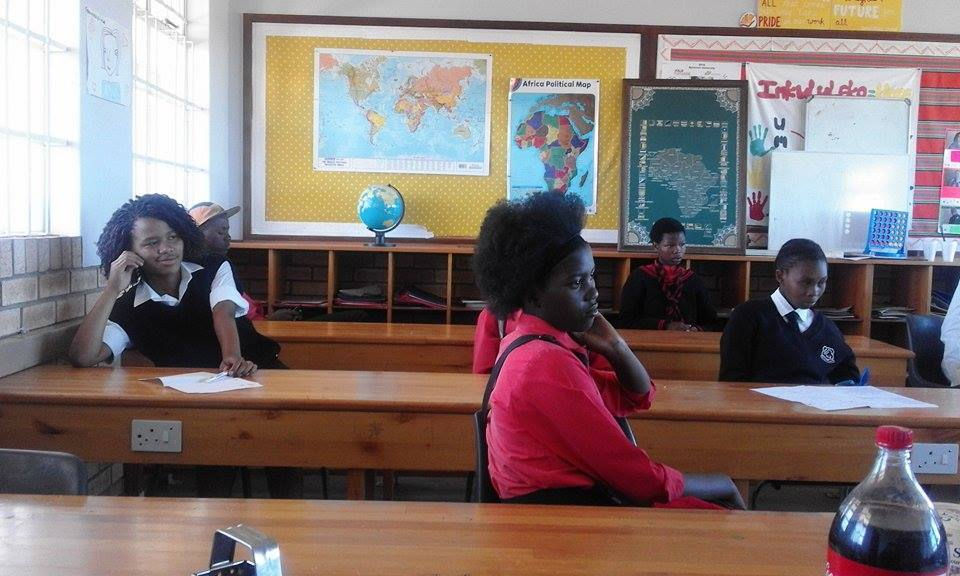COLOMBIA
DATES: To be announced
APPLICATION DEADLINE:
To be announced
Program Overview:
Ring in the New Year with GYC’s 2021 Human Rights Delegation to Colombia!
This year’s delegation will focus on human rights and the political power of music as a form of resistance. Delegates will visit the capital city of Bogotá (6 days) and the country's second-largest city, Medellin (4 days). Each city will offer delegates rich opportunities for cultural exchange and unique opportunities to meet with musicians, artists, relevant government officials, community leaders, and other experts from around the country who present diverse perspectives on the country’s history of violence and progress towards protecting human rights.
Music is a powerful tool for social evolution and revolution. As such, governments and musicians often collide over the messages, real or perceived, included in the lyrics. Music too may be deemed political simply by cultural association, irrespective of political content, and therefore subject to censorship. This 10-day program in two different cities in Colombia is designed to give students critical thinking skills around the topic of human rights, particularly in relation to freedom of artistic expression, and focuses on how music is viewed, produced, and consumed in Colombia. The course also explores the political, historical, and ethnic forces that have shaped the music scene in Colombia. Students will examine firsthand the relationships between music, politics, and human rights.
The program begins in Bogotá, the country’s capital city and a UNESCO-designated “City of Music” since 2012. Students will receive an orientation to the program and city tours that focus on the country’s political history as well as the city’s music. Bogotá will also provide the backdrop for an introduction to human rights discourse as it relates to Colombia.
From Bogotá the group will fly to Medellín. Once dubbed the most dangerous city in the world, Medellín has undergone an unimaginable urban and social transformation, incorporating art and music into the fabric of its revitalization project. The city uses its approach towards politics, social innovation, and sustainability as weapons against violence and poverty. Students will tour Comuna 13, a Medellín neighborhood that exemplifies this model of urban transformation and inclusivity. Additionally, the program will explore Medellín’s role in the country’s 52-year-long armed conflict. Here, the group will focus on urban music, particularly rock and hip-hop and how it is used to express social injustices.
History and Colombia:
In 2016 the president of Colombia was awarded the Nobel Peace Prize for negotiating a peace deal to end more than 50 years of conflict with the FARC, the longest-running war in the Americas. Colombia has been caught up in a complex internal conflict involving a range of actors, from communist guerillas to right-wing paramilitaries, that has left more than five million internally displaced persons (the second highest rate of forced displacement in the world), 220,000 homicides, 60,000 disappearances, almost 2,000 massacres, and more than 27,000 kidnappings. To counter this violence, Colombia has often been at the forefront of many international human rights initiatives—it was one of the first countries to vote in favor of the Universal Declaration of Human Rights in 1948 and included extensive human rights language in a new constitution in 1991.
While international media stereotypes have often relegated Colombia to a culture of coffee (at best) or drugs (at worst), delegates will quickly see that the country is so much more than the ugly legacy of Pablo Escobar. Colombia is a resilient and sophisticated country that has persevered through hard times with a vibrant culture of dance, music, and “alegría” (happiness). In fact, Colombia regularly ranks as the happiest country in the world. While delegates address difficult topics on Colombia’s internal conflict, they will also have the opportunity to be wowed by the country’s extraordinary hospitality, breathtaking natural beauty, and inspiring innovation. Don’t miss out on this chance to get an insider’s experience of one of the upcoming destinations in South America.
Program Outcomes:
By the end of the program, delegates will:
1) Understand music as a form of artistic expression.
2) Formulate concepts of group and individual rights in Colombia and how these rights are controlled by the state.
3) Identify genres of contemporary music in Colombia, specifically Champeta, Hip-hop, Vallenato, and Cumbia.
4) Understand how political and social forces have shaped the musical landscapes in Colombia.
This program is designed for undergraduate and graduate level students who are committed to mutually beneficial international exchange, driven to learn about human rights and artistic expression, the role of music as a form of resistance and those interested in understanding the complexities of the Colombian context.
Program fees include tuition, local accommodations, all transportation while in country, the cost of activities and site visits, two group dinners, supplies and an official transcript. It does not include airfare to and from Colombia.
For more information about GYC in Colombia please refer to past program reports or send us an email at: colombia@globalyouthconnect.org.
PROGRAM DIRECTOR:
Christian Sinclair I Bio
DATES: To be announced
PROGRAM FEE: TBA
(partial scholarships available)
Program fee includes housing, instruction, local transportation in The Hague, entrance fees, some meals.
Excludes airfare.
PAST PROGRAM REPORTS:
June 2019
July 2018
January 2018
June 2017
July 2016
March 2016



